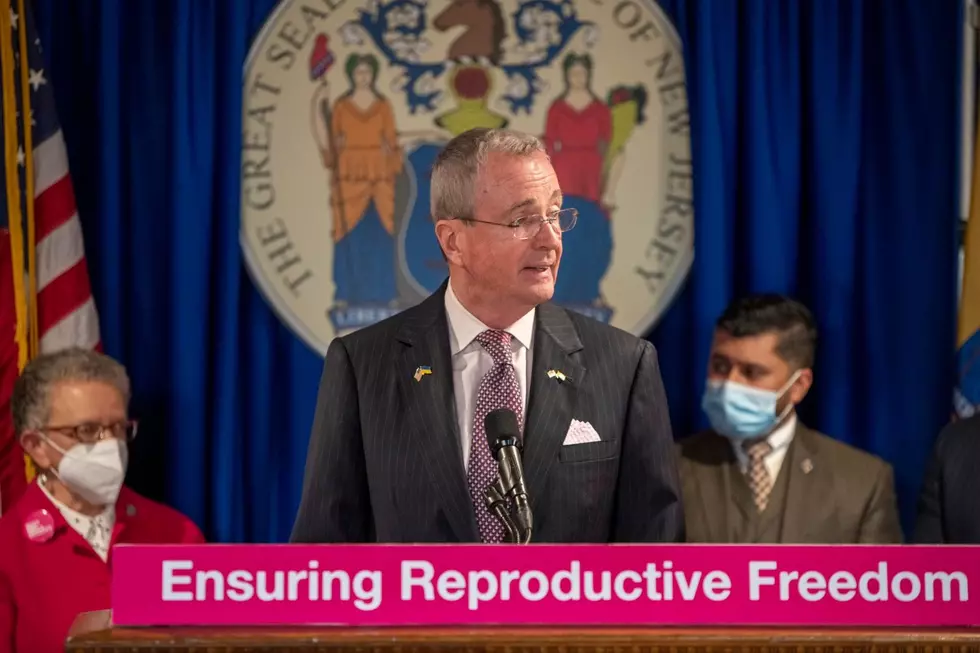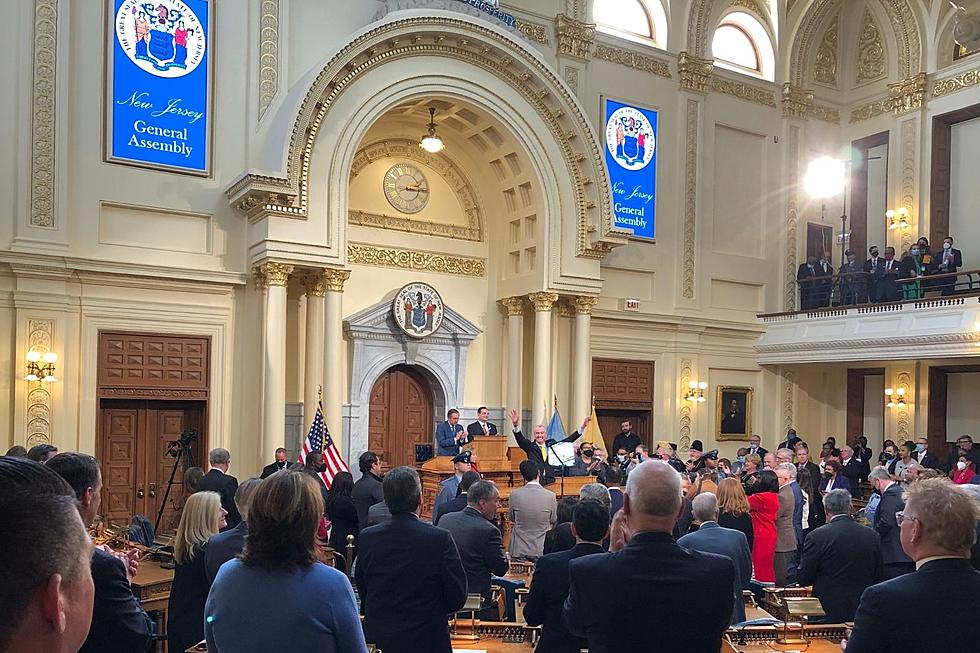
Appeals court hears Arkansas, North Dakota abortion cases
ST. LOUIS (AP) -- A closely watched legal fight over two of the nation's most stringent abortion bans resumed Tuesday, with attorneys for North Dakota and Arkansas asking a federal appeals court to reinstate two laws overturned by two separate lower federal courts.
The 8th U.S. Circuit Court of Appeals in St. Louis heard back-to-back oral arguments Tuesday but made no immediate ruling after giving each side 15 minutes to present its case.
Several questions by the three-judge panel suggested that the two states face a difficult task to uphold laws that seemingly challenge the U.S. Supreme Court standard established more than four decades ago in Roe vs. Wade.
The North Dakota law, approved in March 2013, banned abortions when a fetal heartbeat can be detected, which can be as early as six weeks into pregnancy and before many women know they're pregnant. A U.S. District Court judge in Bismarck ruled the law unconstitutional in April 2014.
Daniel Gaustad, a Grand Forks private attorney representing the state, urged the judges to redefine the legal standard set in Roe that permits abortions until a fetus is viable outside the womb, generally at 22 to 24 weeks.
"This is a centuries-old basis to determine life," he said, referring to the fetal heartbeat.
The Arkansas law, which was passed three weeks before the North Dakota measure, banned abortions after 12 weeks. Lawmakers in the Republican-controlled Legislature overrode former Democratic Gov. Mike Beebe's veto.
"The standards have changed dramatically," said Colin Jorgensen, an assistant attorney general, citing more recent Supreme Court rulings that upheld a state's right to mandate a 24-hour waiting period and parental consent requirements as well as a 2003 federal law banning partial-birth abortions. "You can't look at those laws under Roe vs. Wade in a vacuum anymore."
Attorneys from the Center for Reproductive Rights, which sued both states, and the ACLU Reproductive Freedom Project, which challenged the Arkansas law, countered that lawyers for the two states were misinterpreting the post-Roe decisions. The attorneys said Arkansas and North Dakota were downplaying the parts of the more recent rulings that reaffirmed a woman's right to abortion as established in the landmark 1973 case.
"There's a legal framework that's been established," said Janet Crepps, senior counsel for the New York-based reproductive rights center, which represents the Red Rivers Women's Clinic in Fargo, the state's sole abortion provider.
More From New Jersey 101.5 FM









